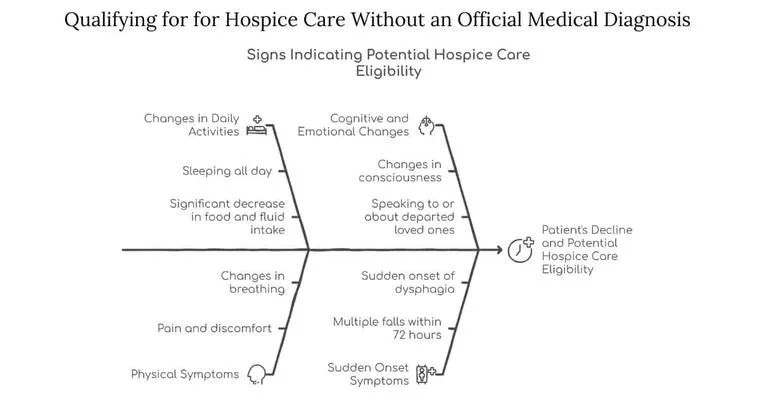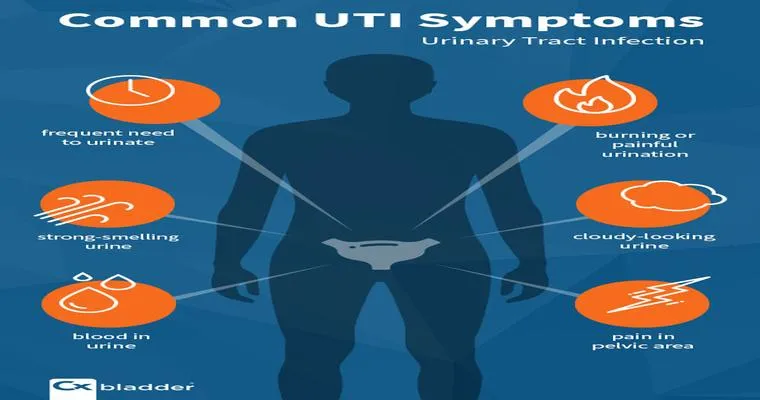Dementia is a complex and often misunderstood condition that affects millions of people worldwide. When faced with a "dementia diagnosis", many individuals and their families seek clarity on the specific type of dementia involved. This leads to the question: should your doctor be able to tell you what kind of dementia it is? Understanding the nuances of various "types of dementia", including Alzheimer’s disease, vascular dementia, and Lewy body dementia, is crucial for effective management and care.
Dementia is not a single disease but rather an umbrella term for a range of cognitive impairments that interfere with daily life. Each type of dementia has distinct characteristics, symptoms, and progression patterns. For instance, Alzheimer’s disease, the most common form of dementia, typically begins with memory loss and gradually leads to more severe cognitive decline. On the other hand, vascular dementia may arise from strokes or other issues that affect blood flow to the brain, leading to different symptoms and progression.
When you consult a healthcare professional about a dementia diagnosis, it's important to have open communication. A skilled doctor should conduct a thorough assessment, including a medical history review, cognitive testing, and possibly brain imaging. This comprehensive evaluation helps the physician determine whether the symptoms align with a particular type of dementia. However, accurately diagnosing the specific type of dementia can be challenging, especially in the early stages.
One reason for this difficulty is that many types of dementia share overlapping symptoms. For example, both Alzheimer’s and Lewy body dementia may present with memory problems and confusion, making it hard to distinguish between them without advanced testing. Additionally, some individuals may exhibit mixed dementia, where characteristics of more than one type are present, further complicating the diagnosis.
If your doctor is unable to provide a definitive answer regarding the type of dementia, it is not necessarily a cause for concern. As research progresses, the medical community continues to learn more about the complexities of dementia and its various forms. In some cases, a precise diagnosis may not be achievable until the disease has progressed further. Nonetheless, your healthcare provider should be able to offer guidance on managing symptoms and planning for care, regardless of the specific type of dementia.
In conclusion, while your doctor should strive to identify the "type of dementia" affecting you or your loved one, it is important to recognize the challenges involved in making a clear diagnosis. Open dialogue with your healthcare provider is essential, as it can lead to better understanding and management of the condition. Ultimately, knowing the type of dementia can help tailor treatment plans and support systems, ensuring that those affected receive the best possible care.





